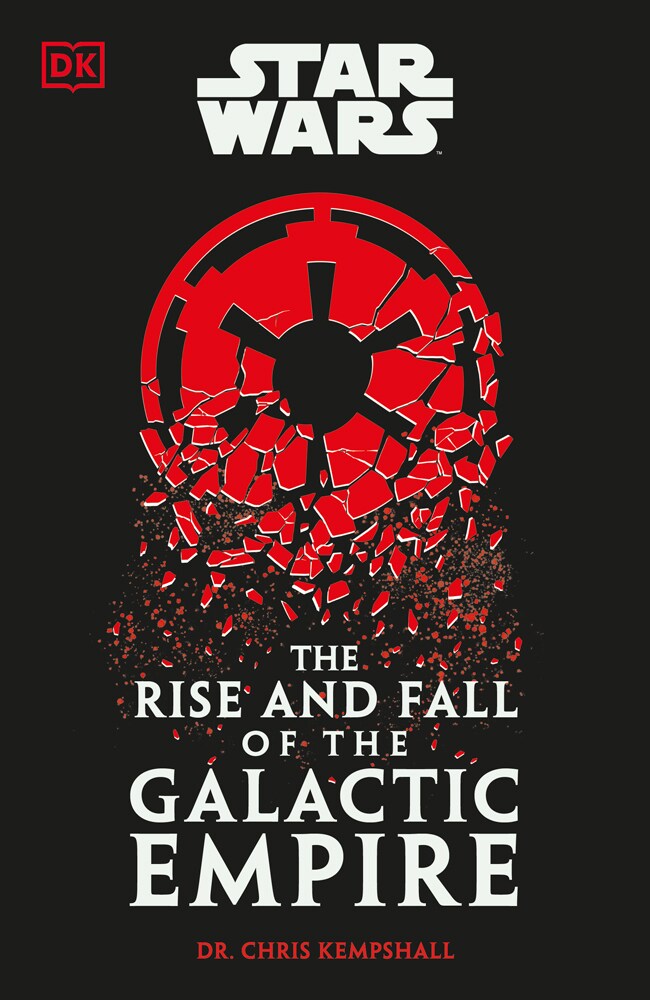Marc-William Palen
History Department, University of Exeter
Tag: Science Fiction
“To boldly go!”: Adventure and Empire in Star Trek
This post is the second in a roundtable co-edited by Marc-William Palen and Rachel Herrmann on science fiction and imperial history. You can read our call for posts here, and the first post in the series here. Posts will run twice a week until the second week in July. We look forward to hearing your thoughts!
E. Leigh McKagen
Virginia Tech
All iterations of the classic American science fiction television show Star Trek present space as a place for exploration and discovery accessible as the result of superior technology. Through the codependence on adventure and technology, Star Trek reinforces an empire that exists without features of conquest seen in much historical imperialism. The narrative of empire in Star Trek is rooted in historical imperial power relations that continue into the present, and are projected far into the future. I would suggest that the links between adventure narratives, technology, empire, and Star Trek demonstrate how one of the most popular American SF TV shows reinforces and perpetuates imperial power structures through the emphasis on discovery and exploration.
Star Trek was created by Gene Roddenberry in 1966, and the original series details the adventures of Captain Kirk (William Shatner) and his crew aboard the USS Enterprise. After three years on the air, the show sparked a movie franchise and was later revised on television with Captain Picard (Patrick Stewart) at the helm of the Enterprise in The Next Generation (1987-1994). Although Roddenberry passed away in 1991, the series has continued in various iterations, including Deep Space Nine (1993-1999), Voyager (1995-2001), Enterprise (2001-2005), and most recently, a series of rebooted films and Discovery (2017-present).
Despite the many versions of the story, the show remains true to Roddenberry’s original interest in exploration and adventure, as outlined in the opening credits of TOS and TNG: “To explore strange new worlds. To seek out new life, and new civilizations. To boldly go where no one has gone before!”[1] This goal of exploration links the Star Trek universe to the genre of adventure narratives, which Martin Green traces to the publication of Daniel Defoe’s classic Robinson Crusoe in 1719.[2] In Dreams of Adventure, Deeds of Empire (1980), Green links the origin of the novel with adventure narratives and the spread of English imperialism, beginning with the 1707 union of England and Scotland.[3] Predating Edward Said’s notable exploration of the “imagination of empire” woven into British novels of the eighteenth and nineteenth centuries, Green argues that “adventure is the energizing myth of empire.”[4] Specifically, Green explores a capitalist adventure narrative that strengthens the expansion of the British Empire in a subtle manner through a civilizing mission disguised through adventure and discovery. Building on narratives that predate official British imperialism, Victorian and Edwardian adventure novels popularized and reinforced the sense of excitement and discovery utilized by English explorers as a vital component to imperial expansion in the traditional “Age of Imperialism.” Continue reading ““To boldly go!”: Adventure and Empire in Star Trek”
Colonising the Verse: Genre, Imperialism and Frontier Violence in Firefly and Serenity

This post is the first in a roundtable co-edited by Marc-William Palen and Rachel Herrmann on science fiction and imperial history. You can read our call for posts here. Posts will run twice a week between now and the second week in July. We look forward to hearing your thoughts on these posts!
Joel Barnes
University of Melbourne
Five hundred years in the future, humanity has left earth and expanded into a new solar system. New planets have been terraformed and colonised. Life at the centre of this system is luxurious, sophisticated, civilised. On the outer fringes, existence is more precarious, eking out a living a more dangerous game. This is the world of Joss Whedon’s regrettably short-lived television series Firefly (2002) and its feature film follow-up Serenity (2005). Both follow the rag-tag crew of the spaceship Serenity, led by captain Mal Reynolds (Nathan Fillion), as they struggle to make ends meet by means legal and otherwise on the rough outer edges of this fictional universe, known in the show’s jargon as “the Verse.”
The Verse is cast in the mode of not one but two genres—the space opera and the western—that dramatise life on the frontier, and much of its humour and interest lies in the productive tension between their respective visions of that setting. According to Whedon, Firefly’s genesis lay in his reading of The Killer Angels (1974), Michael Shaara’s historical novel about the Battle of Gettysburg. He afterwards became “obsessed with the idea of life on the frontier, and that of course [made him] think of the Millennium Falcon.”[1] In imagining the space opera as an adapted western that shifted nineteenth-century imperial tropes into an extraterrestrial future, Whedon was merely making explicit long-standing undercurrents within the genre. (Gene Roddenberry’s working title for Star Trek—a constant intertextual counterpoint in Firefly—had been Wagon Train to the Stars.[2] Its trademark incantation of “space, the final frontier” was not incidental.) Continue reading “Colonising the Verse: Genre, Imperialism and Frontier Violence in Firefly and Serenity“



You must be logged in to post a comment.